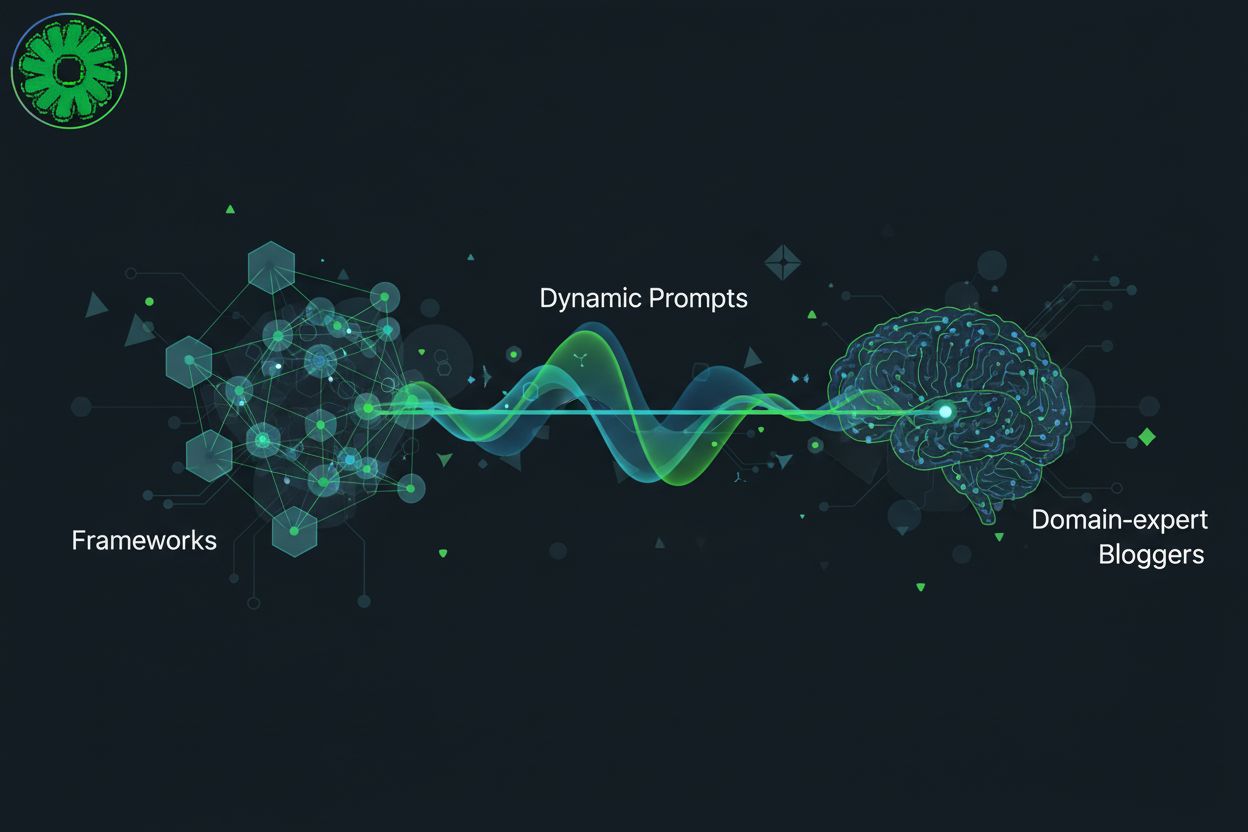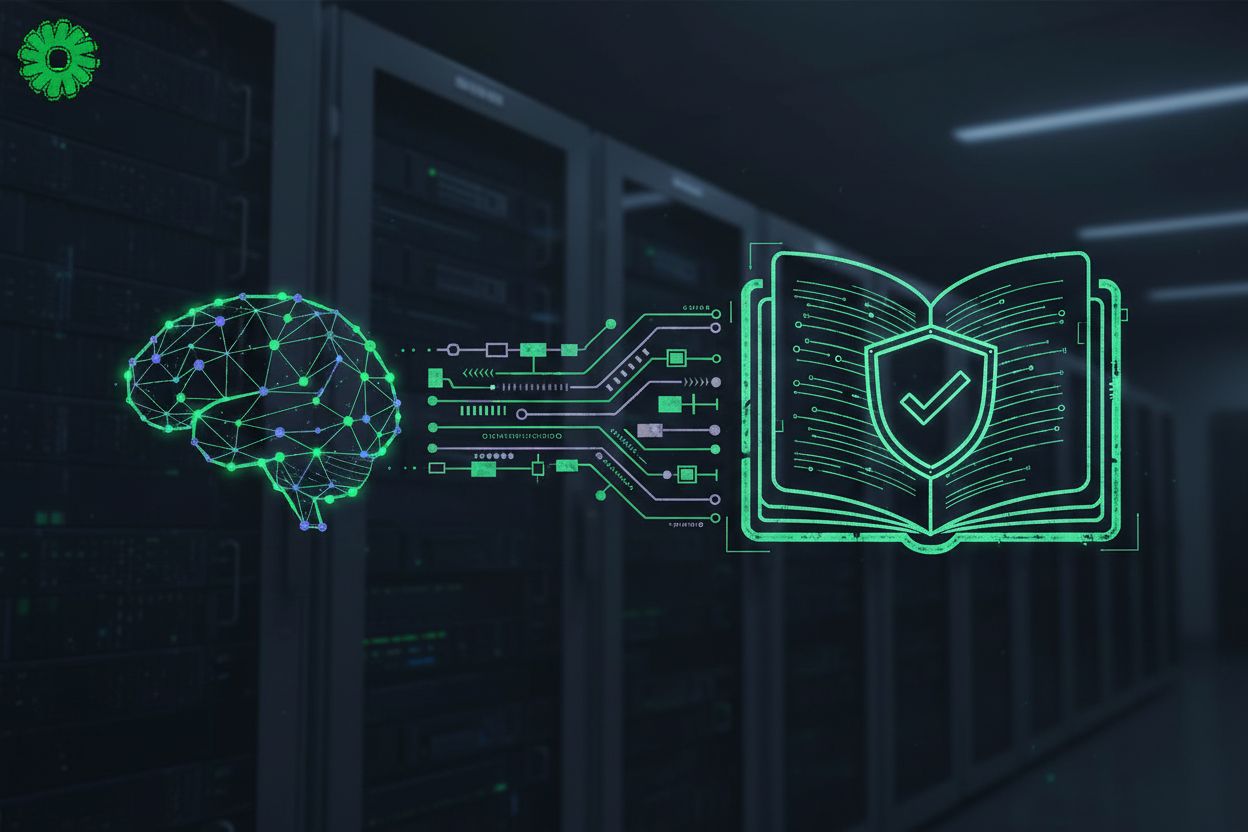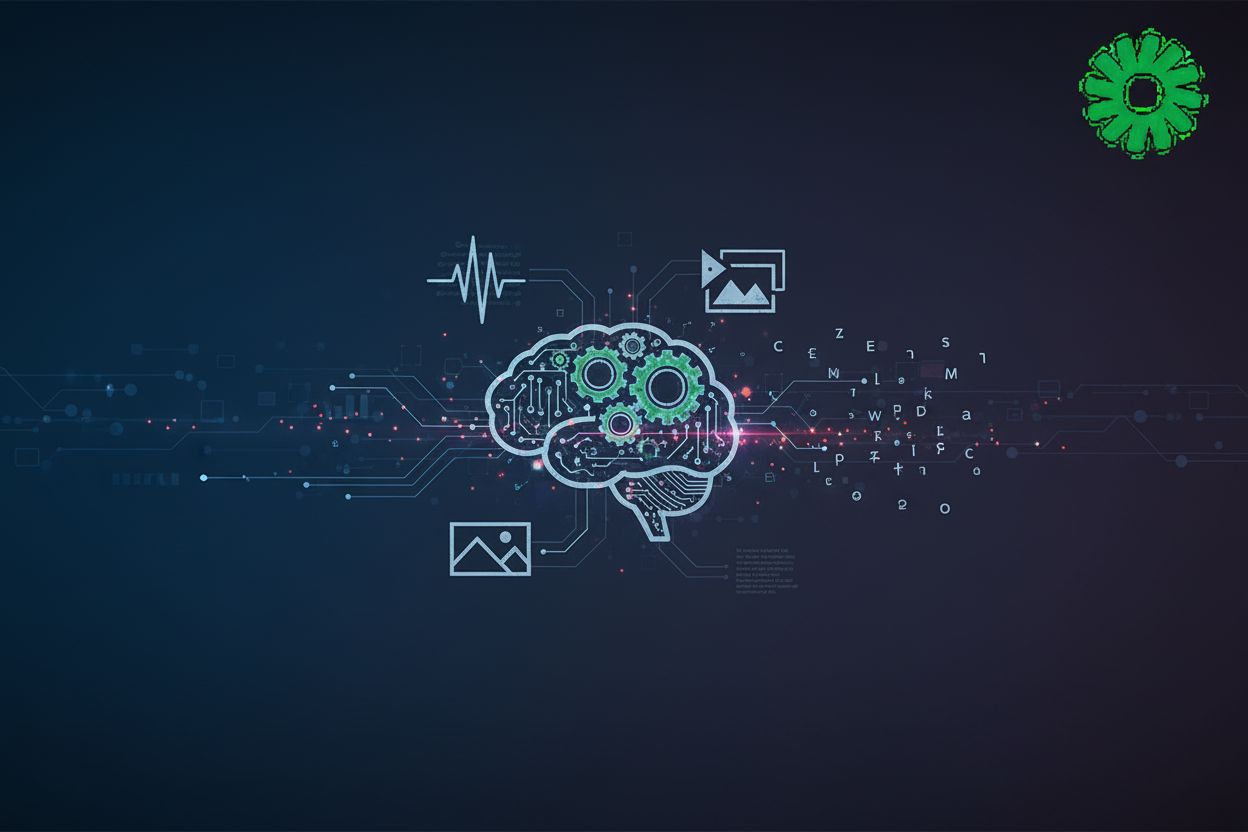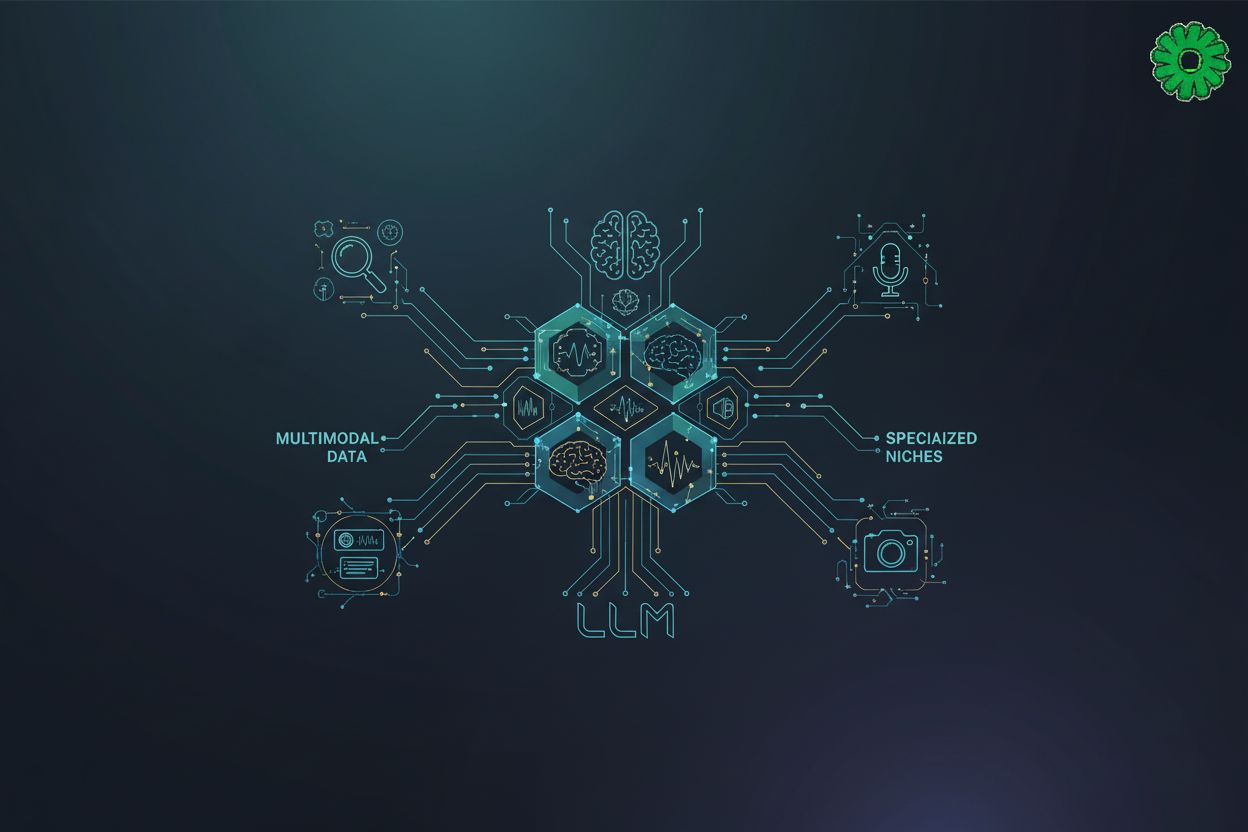Why ChatGPT is Changing Everything in 2025 (And How You Can Use It Better Than 99% of People)
The AI Revolution Nobody Saw Coming (Well, Almost Nobody)
You know what's crazy? Just 3 years ago, most people didn't even know what ChatGPT was. Now? My 68-year old dad uses it to write emails, and my neighbor's kid is using it for homework.
According to recent data, over 800 million people use ChatGPT every single week. That's like... the entire population of Europe plus some more. And here's the thing - most people are barely scratching the surface of what this thing can actually do.
I've been using AI tools since early 2023 (yeah, I was one of those early adopters who wouldn't shut up about it at parties), and let me tell you - the difference between someone who knows how to use ChatGPT properly and someone who just asks basic questions is like night and day.
What Even IS ChatGPT? (Let's Keep It Simple)
Okay, so imagine having a really smart friend who's read basically everything on the internet up until 2024. This friend never gets tired, never judges you for asking dumb questions at 3 AM, and can help you with literally anything from writing code to planning your wedding.
That's ChatGPT in a nutshell.
But here's where it gets intresting (and why you should care): ChatGPT isn't just one thing anymore. There's:
ChatGPT Free - The basic version that everyone starts with
ChatGPT Plus - The paid version with GPT-4 (way smarter)
Custom GPTs - Specialized versions for specific tasks
ChatGPT API - For developers and businesses
And then there's tools like GPT0 (hint hint, that's what we're building here) that make it even easier to use without all the complicated stuff.
The Real Ways People Are Using ChatGPT in 2025
1. Work Stuff That Used to Take Forever
Remember spending 2 hours writing that one email to your boss? Yeah, me too. Now it takes like 5 minutes. Here's what people are actually doing:
Email drafts - Just give it the main points, and boom, professional email
Meeting summaries - Paste in your messy notes, get clean bullet points
Presentations - Outline to full presentation in under 10 minutes
Reports - Turn data into readable insights that actually make sense
I know a freelance writer who went from writing 2 articles a day to 8. Not by having AI write everything (that's obvious and kinda terrible), but by using it as a research assistant and first-draft generator.
2. Learning New Skills (Without Expensive Courses)
This is where things get really cool. People are literally learning entire programming languages, new instruments, and even languages using ChatGPT as their personal tutor.
My cousin learned Python in 3 months. Not "hello world" Python, but actual useful Python where he automated half his job. The trick? He didn't just ask "teach me Python." He said stuff like:
"I need to learn Python to automate Excel reports at work. I have 2 hours daily to practice. Create a 30-day learning plan with specific projects."
See the difference? Specific goals = better results. Always.
3. Creative Projects That Actually Don't Suck
Writers are using it for plot ideas. Musicians for lyrics. Designers for concept brainstorming. But here's the thing nobody talks about - you can't just ask for "write me a song" and expect Grammy material.
The people getting amazing results are doing things like:
Using it to overcome writer's block (not write the whole thing)
Getting feedback on their ideas
Exploring "what if" scenarios
Finding connections between concepts they hadn't thought of
The Mistakes Everyone Makes (And How to Fix Them)
Mistake #1: Being Too Vague
Bad prompt: "Help me with my business"
Good prompt: "I run a small bakery in Portland with 5 employees. We're struggling with inventory management and waste. Give me 3 specific systems we can implement this week to reduce waste by 20%."
See how the second one gives context, specifics, and a clear goal? That's what you want.
Mistake #2: Not Having Conversations
ChatGPT isn't Google. You don't just fire one question and leave. The best results come from back-and-forth conversations where you refine and dig deeper.
Start broad, then narrow down. Ask follow-ups. Challenge the answers. Say "explain that simpler" or "give me a real example."
Mistake #3: Forgetting It Can Be Wrong
Look, ChatGPT is smart, but it's not perfect. It can be confidently wrong sometimes. Always double-check important stuff, especially:
Numbers and statistics
Recent events (anything after early 2024)
Medical or legal advice
Technical specifications
I once had it tell me that Toronto was the capital of Canada. It's Ottawa, by the way. Trust but verify, always.
Advanced Tricks That'll Make You Look Like a Genius
The "Role Play" Method
Instead of just asking questions, assign ChatGPT a role:
"You are an experienced marketing director at a Fortune 500 company. Review my small business marketing plan and give harsh but constructive feedback."
This changes everything. The responses become more focused and expert-like.
The "Step-by-Step" Approach
For complex tasks, break them down:
"Let's solve this problem step by step. First, help me identify the main challenges. Then we'll prioritize them. Finally, we'll create action plans for the top 3."
The "Example First" Technique
Show ChatGPT exactly what you want by giving an example:
"Here's an email I wrote last week that got a great response: [paste email]. Now help me write a similar one for this situation: [explain situation]."
What's Coming Next? (The Future is Wild)
Okay, so here's where things get really intresting. ChatGPT and AI tools aren't slowing down. By end of 2025, experts predict:
Voice conversations will be as natural as talking to a friend
Image understanding will be perfect (it's already pretty good)
Real-time collaboration where AI works alongside you like a coworker
Personalized AI that learns your style and preferences
But here's my prediction (and I might be totally wrong): The biggest change won't be the technology. It'll be that using AI becomes as normal as using Google. Remember when people thought searching the internet was "cheating"? Yeah, that aged well.
How GPT0 Fits Into All This
So why are we building GPT0? Simple. ChatGPT is awesome but it can be overwhelming. Sometimes you just want to get stuff done without learning prompt engineering or figuring out which model to use.
GPT0 is like... imagine if ChatGPT had a simpler, more focused cousin. One that:
Knows exactly what you're trying to do
Doesn't require fancy prompts
Gets you results faster
Costs way less (or nothing at all)
We're not trying to replace ChatGPT. We're trying to make AI accessible for people who just want results without the learning curve.
The Bottom Line (What You Should Actually Do)
If you've read this far, here's what I want you to do:
Start using AI today - Even if it's just for one email or one question
Practice specific prompts - Vague questions get vague answers
Find YOUR use case - What would save you the most time?
Stay curious - This tech is evolving literally every month
And honestly? Don't overthink it. The best way to learn is to just start playing around with it. Make mistakes. Ask dumb questions. Have fun with it.
The people who'll win in the next 5 years aren't the ones who understand exactly how AI works. They're the ones who figure out how to make it work for them.
Final Thoughts (And a Confession)
Here's something funny - I used ChatGPT to help research parts of this article. Not to write it (my writing style is way too weird for AI to replicate perfectly), but to fact-check, find statistics, and organize my thoughts.
And that's exactly the point. AI isn't here to replace us. It's here to make us better at what we already do. Whether that's writing, coding, designing, or just trying to word that awkward text to your ex... I mean, your boss.
The revolution isn't coming. It's already here. The question is: are you going to be part of it, or are you gonna be that person still using Internet Explorer in 2025?
(Please don't be that person.)
Want to stay updated on AI and ChatGPT? Check out our other posts on GPT0.app where we break down complex AI stuff into actually useful information. No PhD required.
Got questions? Drop them in the comments. I read everything, and yes, sometimes I use ChatGPT to help answer them. Meta, right?
Quick Resources:
Note: This post contains our honest opinions based on real experience. We're not affiliated with OpenAI, we just really like their stuff.





